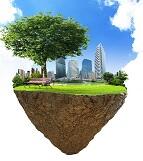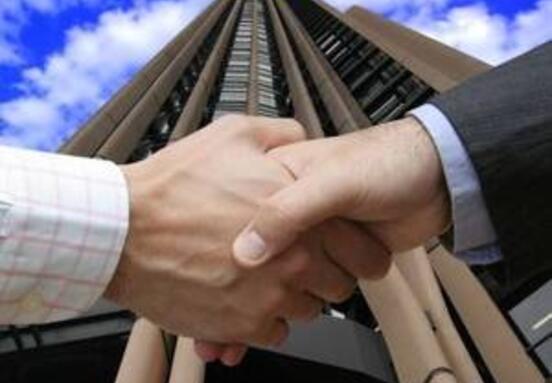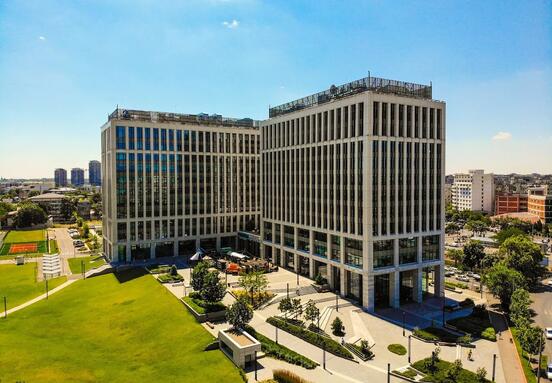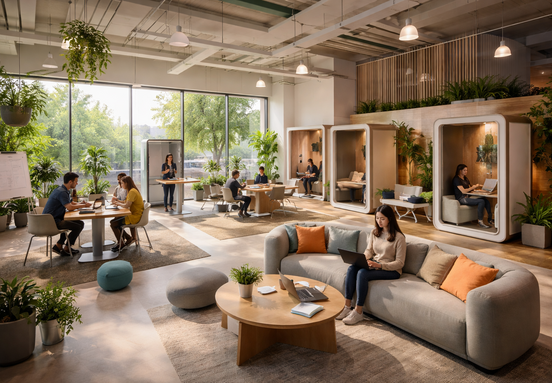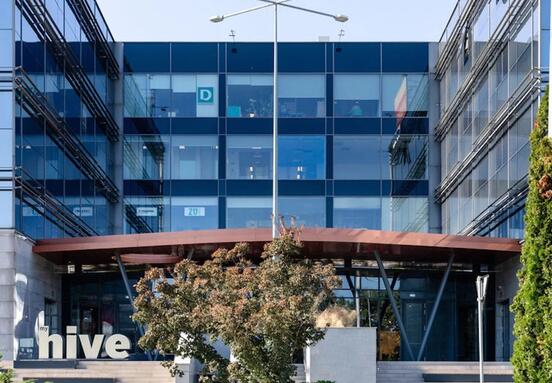"At the beginning of the development of the profile segment, 10 years ago, obtaining a sustainable certification was often a marketing decision for office project developers. In recent years and nowadays, it has become a cost-effective way of costing - be it malls or factories, a mandatory criterion for selecting an office building and a way to increase the value of a real estate. And in the very near future the sustainable development rules will be binding for all of us", explains Razvan Nica, managing director of BuildGreen, the leader of the local consultancy market in the design, development and certification of sustainable buildings in Romania.
Thus, 2019 will mainly be characterized by the changes that will have to be implemented by real estate developers, no matter what their destination, so that the projects have the least impact on the environment and the occupants. The Europe 2020 strategy targets a 20% reduction in greenhouse gas emissions compared to 1990, a 20% share of renewable energy and a 20% increase in energy efficiency. The long-term objective is to reduce greenhouse gas emissions by 100% by 2050 and to decarbonise the building fleet, as it accounts for about 36% of total EU carbon dioxide emissions.
Compliance with these regulations, which will become mandatory for all buildings completed by 2020, can be done by streamlining the equipment used in buildings, by implementing efficient air conditioning and ventilation solutions, but also by using solutions and principles such as natural light orientation, insulation used or natural ventilation.
The widespread implementation of the principles of sustainable development for newly constructed buildings will be doubled in 2019 and by the significant increase in "In Use" / "Operational & Maintenance" sustainable certifications, ie for projects already completed. This will happen in the context in which the owners of these projects, taught over five years ago, want to remain competitive compared to new, more efficient and attractive projects for potential tenants. This could even lead to a tripling of the green certification market, as more and more commercial centers or office buildings will undergo extensive renovation work, according to BuildGreen data.
Increasing emphasis on the welfare and comfort of employees at work by implementing WELL type certifications will be completed in 2019 and the spread of fit-out certifications, ie a certification of the rental space of a company and how it arranges it. "You can have a well-developed house, according to the rules of sustainable development, and a tenant who moves and arranges it in a totally ineffective manner, partially canceling the benefits of the building itself," adds Razvan Nica.
Space partitioning and technical solutions for noise reduction, increased brightness and a comfortable ventilation system are the most commonly used variants to reduce costs and significantly increase the comfort of the occupants and occupants of the space.
2019 as well as the following years will bring about the spread of sustainable development rules on the residential segment and more and more new residential complexes will get a sustainable certification that will clearly certify the quality of the project as compared to other projects without a certification.
The development of the sustainable certification segment could lead in the near future to the extension of the tax facilities offered to green project owners and in Bucharest. At present, the owners of sustainable real estate projects in Cluj - Napoca, Iasi and Timisoara benefit from reductions of up to 50% of the annual tax due on buildings, a feature that could be extended to Bucharest.
Last but not least, in 2019, the first BREEAM sustainable certification could be achieved with the Outstanding level, the highest possible level of certification on this scheme. Currently, no real estate project in Romania has achieved this level, with the LEED certification scheme obtaining more Platinum certifications.
These trends will be manifested in a general context of maturing the local real estate market and, implicitly, of the sustainable certification segment, maturing which will also be achieved by increasing the number of sustainable projects developed on the industrial and logistics segment and the spreading of WELL and EDGE.
All of these changes would occur in a context where more than 30 new projects were certified nationally in 2018 according to BuildGreen data, which was involved in more than half of them, from Union Office projects View or The Mark in Bucharest at the new Arctic factory in Targoviste. The company has so far been involved in the sustainable certification of over 150 real estate and industrial projects totaling approximately 3.7 million square meters, with a cumulative investment value of over 6 billion euros. (source: Build Green)
